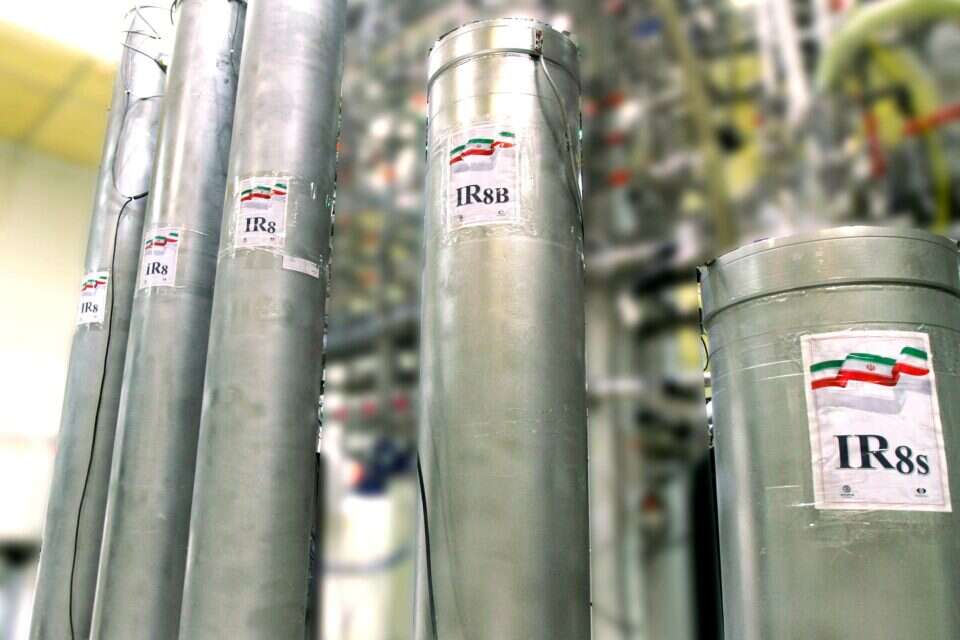A dramatic turnaround in Israel's assessment of the chances of signing a nuclear agreement between Iran and the superpowers.
Two sources in the political system told Israel Today that now it seems that the chances of an agreement are low and even nil.
Those same sources stressed that there may still be a surprising reversal, which will eventually lead to the signing of the nuclear agreement, but "the possibility that the parties will sign an agreement in the foreseeable future is receding at an exponential rate," according to one source.
Until about a month ago, the prevailing assessment in Israel's political and security system was that the US and Iran would sign a nuclear agreement. It gave up on Iran on many issues, leading to the resignation of two senior members of the US negotiating team.
A draft agreement has already been reached, a date for signing the agreement was already on the table, but in the Vienna talks the parties parted ways pending a reply from Tehran.
Iran, for its part, did not respond that it was rejecting the agreement nor that it was adopting it, but raised a series of new conditions, including removing the Revolutionary Guards from the list of terrorist organizations.
Digging in positions.
Nuclear talks in Vienna, Photo: Reuters
Contacts failed
The U.S. considered responding favorably to the request, but then counter-pressure arose. Senior members of the president's party came out against the apparent waiver, and the JINSA Institute (National Security Research Institute of America; a non-partisan Jewish public policy thinking organization in the U.S.) formulated a petition of 45 American generals who also came out against the intention to remove the Revolutionary Guards from the list of terrorist organizations.
Israel also acted against the additional concession planned by the administration - including in an unusual announcement by Bennett and Lapid, in a telephone conversation between the prime minister and the US president, and in a series of meetings held by Bennett's political adviser, Shimrit Meir, with senior government officials.
Israel Today has learned that there have been quiet contacts between the Iranians and the administration in an attempt to reduce the gaps.
Among other things, a distinction was made between the Quds Force, which would continue to be defined as a terrorist organization, and the other components of the Revolutionary Guards, which were to be removed from the list.
But these contacts failed and Iran even raised new demands.
Against the background of the hardening of positions on both sides, Israel now believes that the chances of an agreement are very small.
"Iran is raising more and more demands, internal difficulties are arising in the United States, so as time goes on the agreement is receding," a political source said.
Increase pressure on Iran.
Dr. Hulta, Photo: AFP
A change in attitude
This week, the National Security Adviser, Dr. Eyal Hulta, went to talks in the United States, and a senior Israeli official confirmed to Israel Today that the purpose of the trip was to coordinate preparations for the possibility that the agreement would not be signed in the end.
This is a change in Israel's position, after a long period in which the reference to the agreement was a fait accompli.
Israel is now expecting the United States and the superpowers to greatly increase political and economic pressure on Iran, to get it to stop the bombing race and curb its regional aggression.
Israeli sources stressed that the withdrawal of the nuclear agreement from the chapter is not yet final, but the working assumption at the moment is that there is no agreement.
They expressed great satisfaction with the result.
It should be noted that Foreign Minister Lapid said last week in a briefing to reporters that "I will not regret if there is no agreement."
Were we wrong?
Fixed!
If you found an error in the article, we'll be happy for you to share it with us

